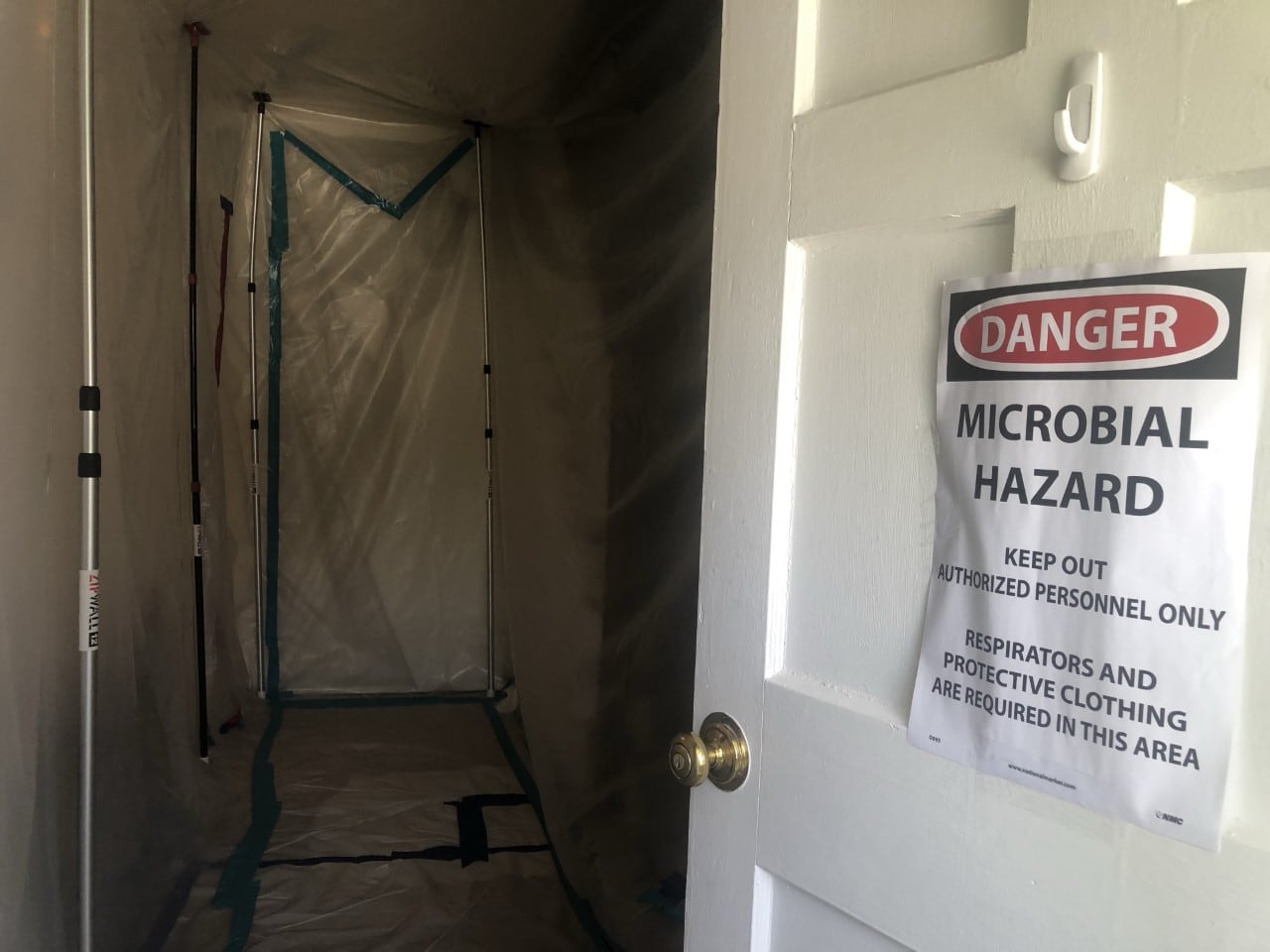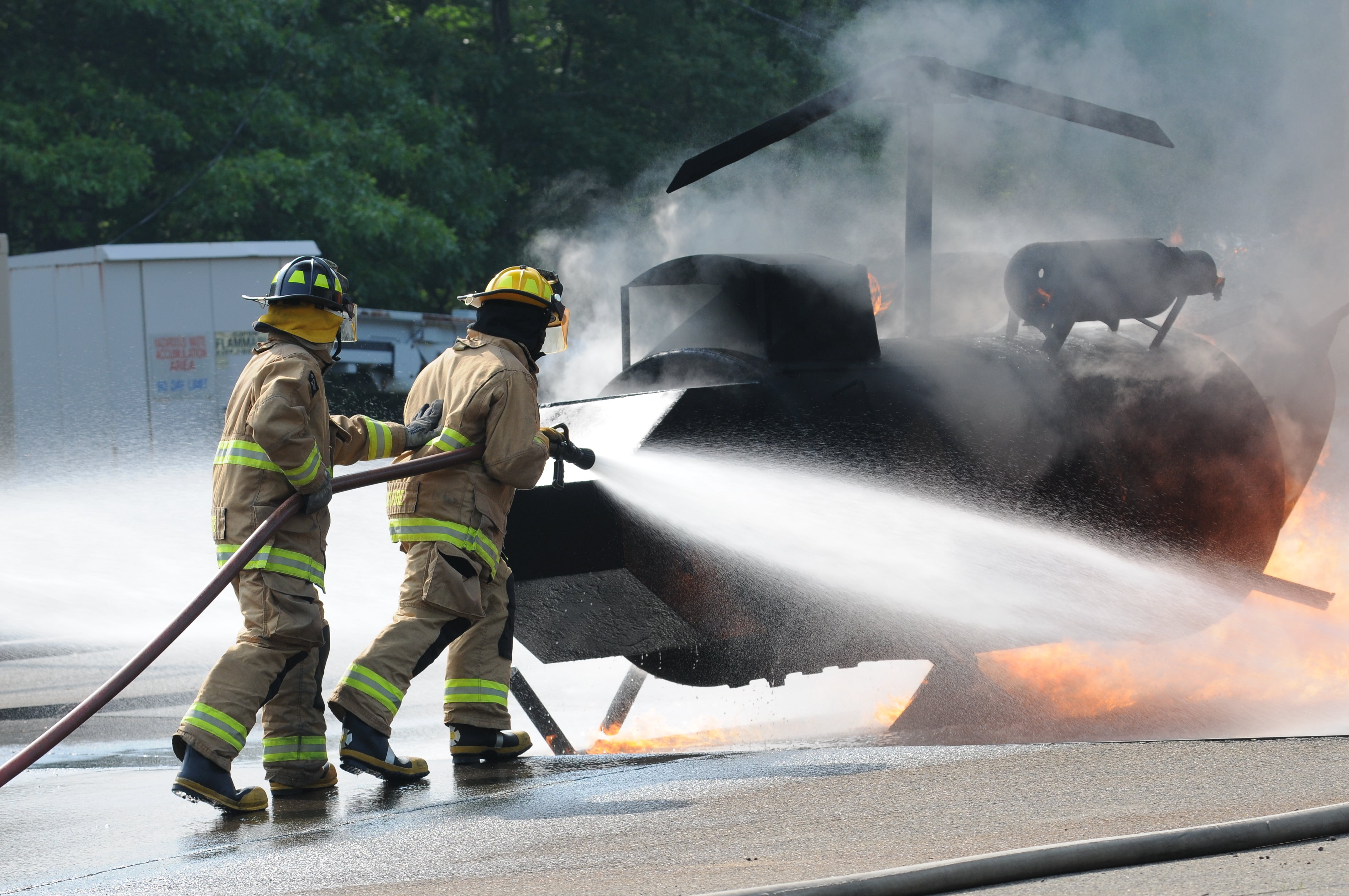Defense officials will create a new “tenant bill of rights” for military housing residents, develop a new assessment tool for unhealthy conditions in those residences, and mostly ban the use of toxic firefighting foam tied to base groundwater contamination nationwide under a sweeping defense policy bill unveiled Monday night.
The measure, the annual defense authorization bill, is expected to be voted on by the full House on Wednesday and in the Senate early next week. The $738 billion measure includes hundreds of budget-related provisions for fiscal 2020, including a 3.1 percent pay raise for troops and reauthorization of a host of specialty pays and bonuses.
In a statement, the chairmen and ranking members of the House and Senate armed services committees praised the compromise bill for “positioning our Armed Forces to meet the next wave of threats outlined in the National Defense Strategy, reforming the business side of the Pentagon, and most importantly, caring for our service members and their families.”
RELATED

That latter priority includes a host of reforms to privatized military housing, which was the focus of congressional and public scrutiny after a Reuters investigation last year found widespread problems with mold, lead, vermin and unaddressed repairs at sites across the country.
Since then, military officials have promised more scrutiny of private contractors and more response to the complaints of families.
The authorization bill codifies several of those pledges. The requirement for a “tenant bill of rights” mandates each of the services “set minimum acceptable livability standards … (establish) a formal dispute resolution process, ban the use of non-disclosure agreements as a condition of moving out of military housing, and enhance protections against reprisal.”
Money would be included in the fiscal 2020 budget for more housing advocates on base, and new direct hiring authority would be granted to service officials for more oversight personnel of private contractors.
In another section of the bill, lawmakers would prohibit the use of firefighting foam with per- and polyfluoroalkyl substances (PFAS) after Oct. 1, 2024, and immediately ban all non-emergency uses of the chemicals.
RELATED

Researchers have found groundwater contamination on at least 175 military installations and sites nationwide in recent months, as well as 44 civilian airports used by Air National Guard units. The chemicals are linked to increased chances of cancer and other serious health effects.
The conference agreement also pushes the defense secretary work with state officials and use the Defense Environmental Remediation Account to try and clean up the contamination. Defense officials would also be required to conduct blood testing for PFAS as part of routine physicals for military firefighters.
Some lawmakers had pushed for additional PFAS limitations beyond military bases, including in civilian sites and manufacturing. But defense lawmakers ultimately removed most of those provisions in an attempt to keep the defense bill focused on military issues.
Leo covers Congress, Veterans Affairs and the White House for Military Times. He has covered Washington, D.C. since 2004, focusing on military personnel and veterans policies. His work has earned numerous honors, including a 2009 Polk award, a 2010 National Headliner Award, the IAVA Leadership in Journalism award and the VFW News Media award.





